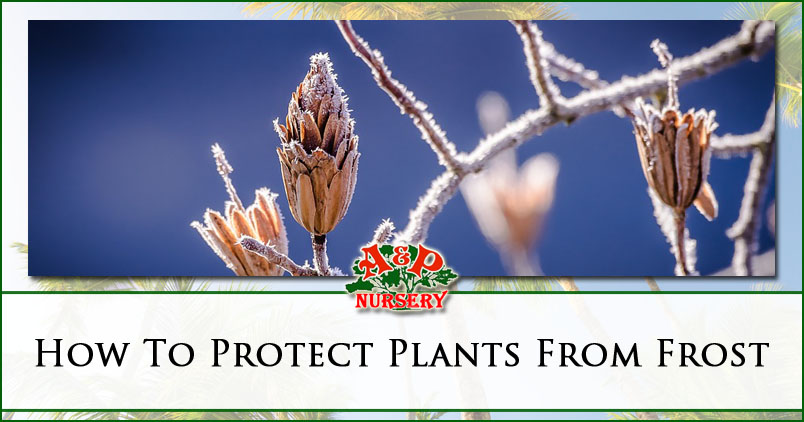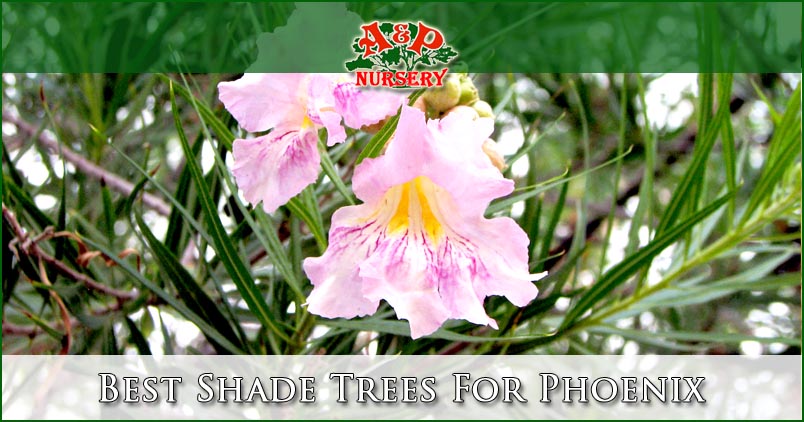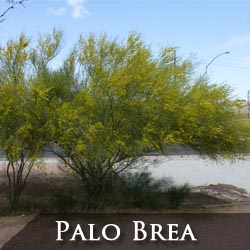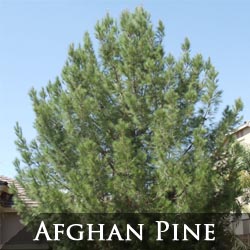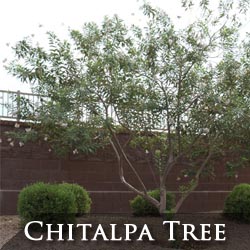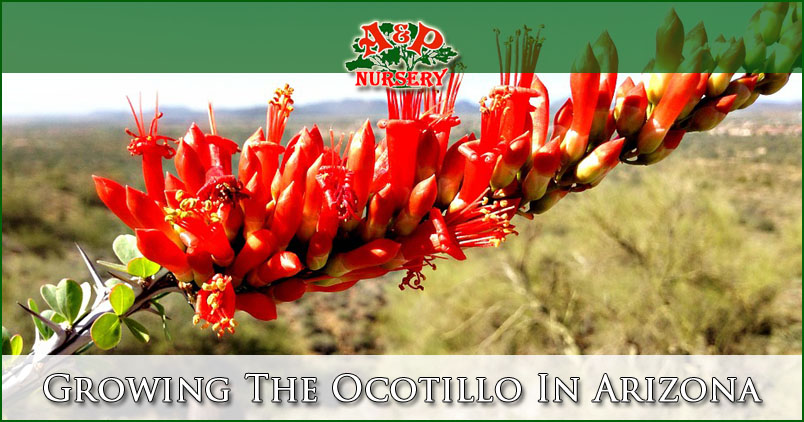While there aren’t as many days in Phoenix Valley that get frost per year, it does happen. If your plants are damaged by frost it can seriously harm or kill them. This means you won’t have the fresh fruit or vegetables you expect from your garden. Learn how to protect plants from frost in the Phoenix Valley.
Protecting Plants From Frost
In the Phoenix Valley the average first day of frost varies from Nov 21st in Buckeye to around December 12th in central Phoenix. End of frost risk days also vary throughout the valley from around the 3rd of April in Mesa and 7th of February in central Phoenix. The difference in climate is due to a number of factors such as population density, pavement, concrete, and elevation.
While the average lows hover around in the 40’s during the colder parts of the year, serious gardeners will want to prepare for the occasional winter frost. To do so you need to understand cold weather, how plants react to cold, the transfer of heat, how to avoid frost damage, frost damage symptoms, and how to treat plants that have been damaged by frost.
Cold Weather
Understanding how cold weather, wind, humidity, and heat loss is important to preventing frost in your garden. Knowing when to take action and the factors that will affect the risk for frost will help you protect your hard work and investment.
- During the day the sun warms soil and then that heat is radiated into the cool atmosphere at might.
- The coldest part of virtually every day is just before daybreak
- Cloudy nights insulate and reflect that heat back down.
- The greatest risk for frost is on calm clear nights. This is because there is no wind to mix warmer air and no clouds to reflect heat back down.
- Humidity dictates how slowly the temperature can change. The drier the air the faster the temperature can swing low at night. This is obviously a major factor for the Phoenix Valley with our arid climate.
- By comparing the temperatures reported on the news verses temperature readings you collect in your garden you can predict potential frost nights. If the news is consistently 5 degrees higher, you know you should expect frost event when the news says it will be 37°F.
- Cold air always flows downward through canyons and even around your landscape. That means that if you have a slope or low point in your garden this section is at greater risk.
- While some winds might help bring warmer air cold north winds during the winter can compound the heat loss in your garden.
How Plants React To Cold
The way that plants react to cold will vary with a few different factors. Plants of different kinds, age, stage of growth, water content, and general health will react differently. The plants that are dehydrated, actively growing, flowering, or are young will be more vulnerable to frost. While short days and colder weather typically put most plants in a state of dormancy, it is not always the case in Phoenix as we do have some unseasonably warm days. This increases the need to be vigilant in preventing frost if your plants are actively growing during frost risk days of winter.
How To Protect Your Plants From Frost
The first thing you can do is choose plants for your garden which are naturally frost tolerant. A second option is to place the more frost sensitive plants or trees on the southern and western sides of your garden where they typically get the most sunlight and warmth. Also placing these plants near patios, rocks, or block walls will help keep them warm as these structures collect and radiate heat.
For plants which are frost tolerant it is best to put them in the lower and colder areas of your landscape to keep them dormant as long as possible. This helps avoid flowering too early and potential damage to fruit.
Frost Cloth & Covering Plants
You can help keep plants warm and avoid frost by using frost cloth or paper, never use plastic to cover your plants. Frost cloth can be purchased from your local nursery, or you can use blankets and sheets for the coldest nights. Frost cloth typically protects your plants down to about 30°F, while the most effective are rated for 20°F.
Make sure you completely cover the plant over the top and so the cloth or blanket reaches the ground. Trap the warm air effectively and it will protect your plant. Property applied cloths will trap the humidity and heat to insulate your plant. Let the cloth or sheet naturally drape straight down to the soil, never draw it in and tie it around the trunk or base.
Note on sheets and blankets – If you’ve used sheets or blankets for frost protection you must remove them each morning when the temperature reaches 50°F. In southern Arizona it is harmful to plants to keep them covered with blankets or sheets for extended periods of time. While it is unlikely that the temperature inside the blanket cover will not “cook” your plant it may be enough to wake it from winter dormancy.
Proper Care Helps Avoid Frost
While no level of care will make your plants invulnerable to frost proper care for them will make them more resistant and resilient. It’s important to avoid dehydrated plants by keeping them well watered. Plants are damaged when ice crystals form on leaves surfaces. The plant is dehydrated and damages itself trying to absorb ice crystals.
It’s also important to keep a careful eye on the distribution of water, keep it even throughout your garden. Your soil will also retain more heat if it is dry, loose, and is covered with vegetation or mulch. You can invest in frost cloth and covers to help avoid the worst of the frost, but don’t over protect. Plants which are exposed to some colder temperatures will be more resilient to cold weather.
East Phoenix Valley Nurseries
For the best stock in trees and plants for your garden and landscape trust A&P Nursery. We grow our stock locally right here in the east valley, so you know it is already ready to survive in our climate. We can help you choose frost resistant plants, plant out your placement, and provide frost cloths for the coldest parts of the year.
Call or visit one of our 4 locations today
A & P Nursery
40370 N. Gantzel Rd.
Queen Creek, AZ 85240
480-655-5789
A & P Nursery
2645 W. Baseline Rd.
Mesa, Arizona 85202
480-839-5362
A & P Nursery
6129 E. Brown Rd.
Mesa, Arizona 85205
480-396-8800
A & P Nursery &
Lawnmower Shop
2601 E. Baseline Rd.
Gilbert, Arizona 85234
480-892-7939
